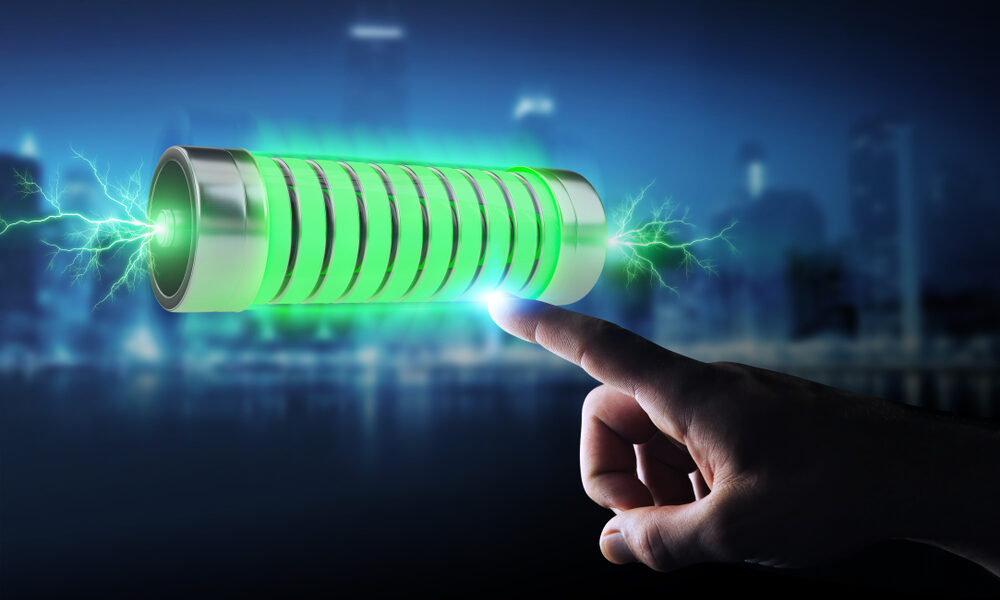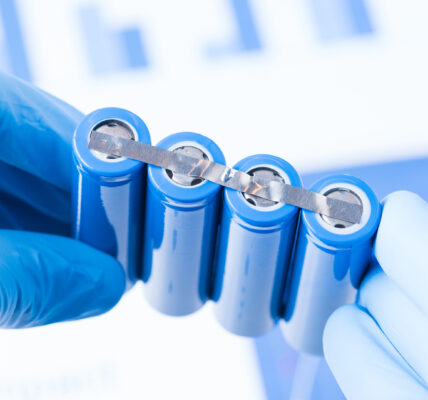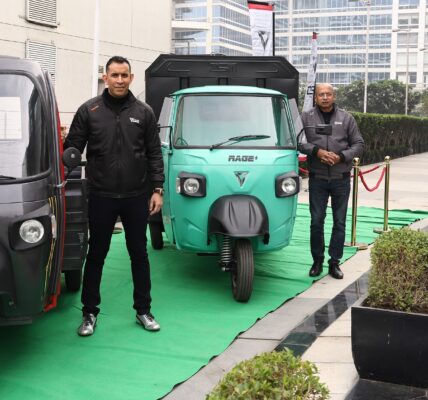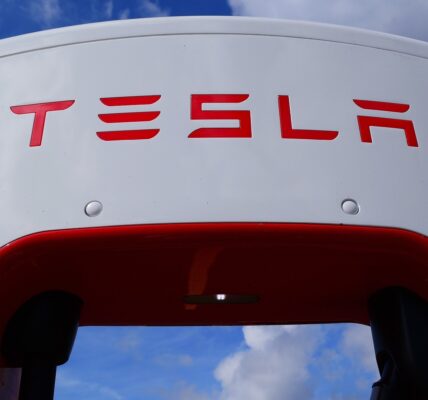New Research Says Sodium-Ion Batteries Are A Valid Alternative To Lithium-Ion Batteries
Lithium (Li)-ion batteries (LIBs) are the electrochemical energy storage systems of choice for a wide variety of applications, however other types of emerging battery technologies are currently on the path to share their dominant position.
Among them sodium (Na)-ion batteries (NIBs) have great potential to represent the next generation low cost and environmentally friendly energy storage solution. The diverse key performance indicators required by different applications and the market diversification is the driving force pushing the Na-ion technology closer to the market.
A team of scientists including WMG at the University of Warwick combined their knowledge and expertise to assess the current status of the Na-ion technology from materials to cell development, offering a realistic comparison of the key performance indicators for NBs and LIBs.
LIBs play a primary role in the transition to a low carbon economy. However, as the market rapidly expands, the environmental and social challenges associated with the mass production of LIBs is triggering large attention toward the search for alternative energy storage solutions based on materials that can be sourced in a sustainable and responsible way. In this scenario, NIBs represent an alternative low cost, sustainable and more environmentally friendly energy storage technology.
In the paper “Challenges of today for Na-based batteries of the future: from materials to cell metrics,” published recently in the Journal of Power Sources, a large team of Na-ion technology expert scientists, led by WMG, at the University of Warwick (UK) analyze the prospect of NIBs taking a spot in the energy storage market. The paper also includes researchers from Helmholtz Institute Ulm (Germany), College de France (France), Humboldt University Berlin (Germany), Institute for Energy Technology (Norway), Université de Picardie Jules Verne (France), University of Bordeaux (France) and CIC energiGUNE (Spain).
Na- based batteries offer a combination of attractive properties. They are low cost, use sustainable precursors, and have secure raw material supplies. In addition, they are considered as a drop-in technology that could benefit from the already existing Li-ion batteries manufacturing facilities.







